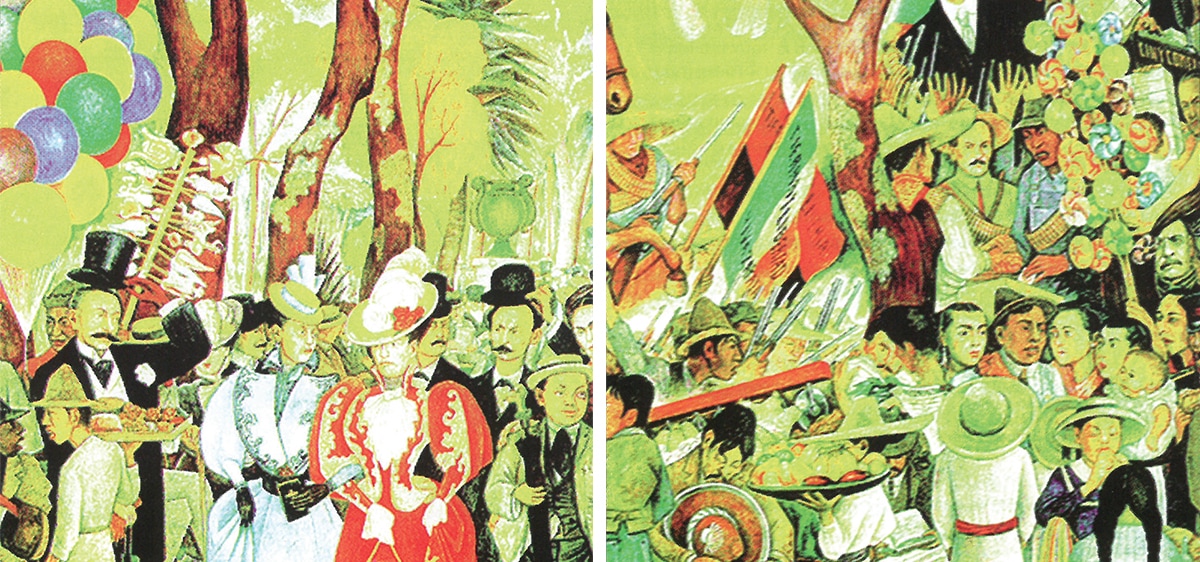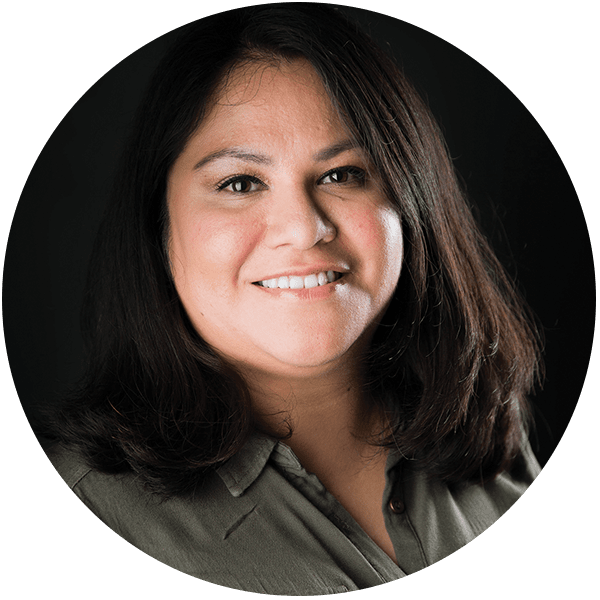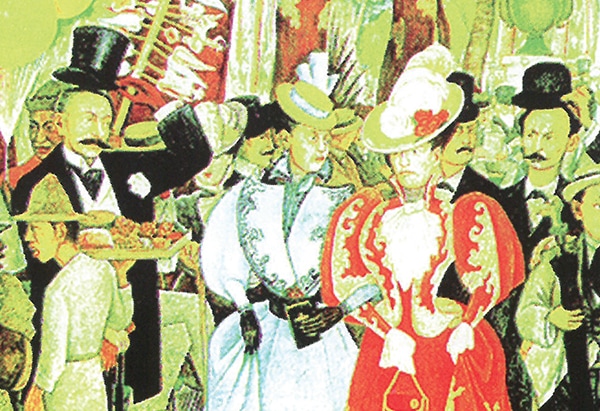[vc_row][vc_column][vc_column_text]

[/vc_column_text][/vc_column][/vc_row][vc_row el_class=”hero-header-text”][vc_column][vc_column_text]
Stories that Shaped my Faith
Finding Ourselves
by Evelmyn Ivens | October 18, 2017
[/vc_column_text][/vc_column][/vc_row][vc_row][vc_column][vc_column_text]
Recently I celebrated my twentieth anniversary of living in the United States, a date I anticipated with significant feelings. I was born in Mexico and moved to this country when I was fourteen.
On one of my many trips back to Mexico, about fifteen years ago, I was looking for a book in Spanish that could help me improve my vocabulary and I discovered Carlos Fuentes’s El Espejo Enterrado (The Buried Mirror). Fuentes was part of the explosion of Latin American writers in the 1960s and ’70s that included Gabriel García Márquez, Julio Cortázar, and Jorge Luis Borges, among others.
Fuentes writes that Latin Americans were created by a unique collision of indigenous cultures, imperial adventurers, refugees, conquerors, and different religions. In his work, I discovered a biography of Spain and Latin America as Fuentes weaves thousands of years into a blend of historical fiction and magical realism. For me, reading Fuentes was a fantastic journey back in time and an amazing learning experience.
Years later, as I was working on my seminary thesis, I reread El Espejo Enterrado through a different lens and it became an important resource. In one passage Fuentes describes the situation of Hispanics in the U.S., providing a description that summarized the main point of my entire project.
He writes: “Somos indígenas, negros, europeos, pero sobre todo, mestizos. Somos griegos e iberos, romanos y judíos, árabes, cristianos y gitanos. Es decir: España y el Nuevo Mundo son centros donde múltiples culturas se encuentran, centros de incorporación y no de exclusión. Cuando excluimos nos traicionamos y empobrecemos. Cuando incluimos nos enriquecemos y nos encontramos a nosotros mismos.”
My translation: “We are indigenous, we are blacks, we are Europeans, but overall, we are mestizos. We are Greeks and Iberians, we are Romans and Jews, Arabs, Christians, and Gypsies. Spain and the New World are the centers where many cultures met, and they became centers of fusion and not of exclusion. When we exclude we betray and impoverish ourselves. When we include we enrich and find ourselves.”
Fuentes is writing about Hispanics, but his words have universal implications. The last two sentences in particular connect me with the idea of table fellowship. Meals in the ancient world were social institutions because they defined who was excluded or included, and they exemplified and solidified group identity. For example, only people of wealth and privilege were able to recline around the table. That meant any slaves, women, and children present at the meal were required to sit.
During the Roman period, women were permitted to recline along with men. In the Jewish Passover liturgy, it was specified for the poor to recline at meals along with everyone else as a symbol of full inclusion to the community on the occasion of the festival meal.
Jesus broke all the rules. He shared meals with everyone.
The food laws in Judaism also functioned as boundary markers between the Jewish community and the Gentiles. Table fellowship was one of the big issues in the early Christian Church, and I believe it continues to be an issue in our churches today. Jewish-Gentile table fellowship separation was grounded in the essential differences of custom and the ability to maintain Jewish customs and traditions. The emphasis on maintaining boundary markers helped define who was in and who was out of the community. These markers also ensured group identity and sense of belonging.
Yet Jesus broke all the rules. He sat at the table with people who were on the margins and with those who had questionable reputations—even with characters like Zacchaeus who was very much disliked in the community. But Jesus didn’t care. He shared meals with everyone.
This is what is radical about our faith: it is not about exclusion but inclusion. Theologian Virgilio Elizondo states, “In the conversion to the way of Jesus we are invited to enter into a new way of relating with others and with the ultimate other: all as children of the same God and brothers and sisters of each other. But we do not have to cease being who we are in order to enter into the new fellowship; we do not even have to give up our religion, but only live it in a radically new way. The Jews who followed Jesus continued being Jews, but they were now Jews in a radically new way. The Gentiles continued being Gentiles, but they were so in a radical new way. In conversion, their own socio-cultural identity, including its religious dimension, was not destroyed. What was destroyed was their exclusivity.”
That is why El Espejo Enterrado made such an impact in my life and on my faith. At first it helped me learn about my history as a Mexican. Later it took me to a place where I could reflect about table fellowship. For me to talk about my faith, I also have to talk about my cultural identity and my immigration story because they are interconnected. There is both sadness and joy—sadness for the loved ones and places I don’t get to see often, but also joy for my experience of God and all the opportunities and accomplishments.
This year I felt nostalgic as I approached the anniversary of my arrival in the U.S. Twenty years is a significant anniversary, but the current sociopolitical situation in our country breaks my heart and at times makes me feel unwelcome and excluded. Jesus made sure everyone was welcome at the table, regardless of background or status. When we are all together we not only enrich ourselves but we enrich each other. We find ourselves and are able to be in fellowship with the One who matters most.
[/vc_column_text][/vc_column][/vc_row][vc_row el_class=”cc-author-bio”][vc_column width=”1/4″][vc_column_text] [/vc_column_text][/vc_column][vc_column width=”3/4″][vc_column_text]
[/vc_column_text][/vc_column][vc_column width=”3/4″][vc_column_text]
About the Author
[/vc_column_text][vc_separator color=”black” style=”dotted”][vc_column_text]
Evelmyn Ivens is a North Park Theological Seminary graduate and recently joined the Make and Deepen Disciples team as manager of ministry services. Even though she grew up in sunny Los Angeles, she still enjoys the Chicago winter. In her free time she enjoys spending time with friends and exploring the city.
[/vc_column_text][/vc_column][/vc_row]














